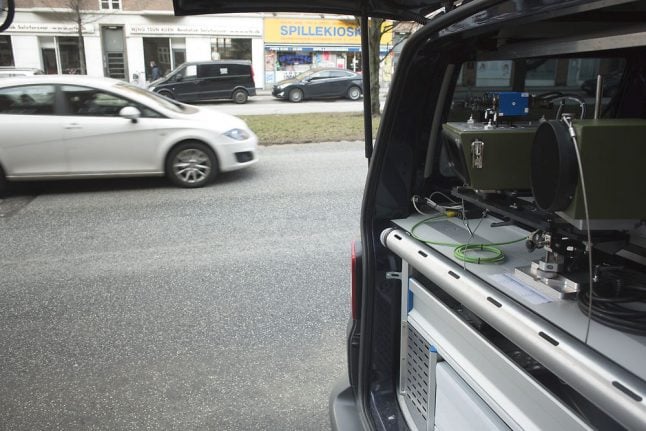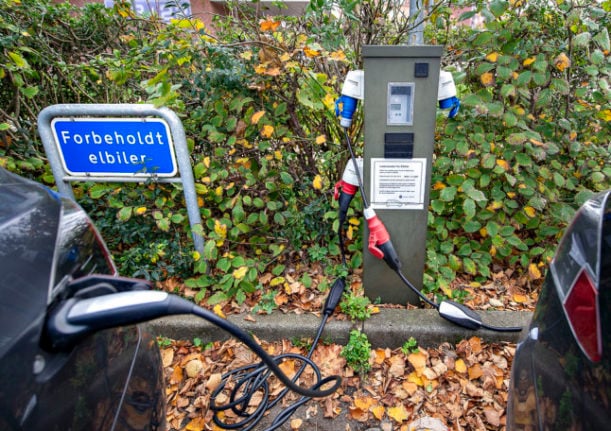The National Police (Rigspolitiet) confirmed via a press statement on Monday that an extensive operation, extending from September 30th to October 6th, aimed to catch drivers who break speed limits.
Both large and smaller infringements would be noted, police said in the press statement.
In the statement, police said that “excessive speed significantly increases the risk of an accident and even a small excess can have fatal consequences”.
“Every year, police are called out to innumerable traffic accidents which could have been avoided if motorists had complied with speed limits,” Christian Berthelsen of the National Police Traffic Centre said.
“These accidents, in some cases, have tragic consequences and in other cases their effects are felt for life,” Berthelsen added.
“That’s why speed is a very important area for us to prioritize and we are using speed checks on the roads to save lives and improve safety for people who travel in traffic,” he said.
In fatal accidents in which the speed of vehicles was a decisive factor in the outcome, 62 percent involved a “smaller speed limit infringement”, according to police figures.
READ ALSO: Thousands of Danish drivers break speed limits on school roads



 Please whitelist us to continue reading.
Please whitelist us to continue reading.
Member comments